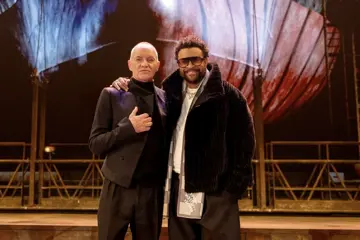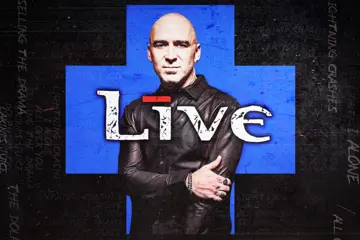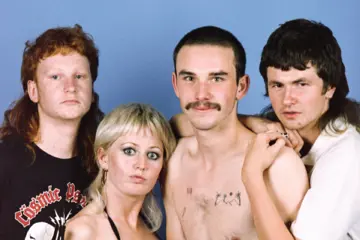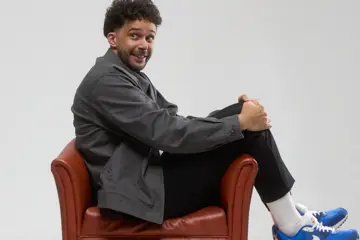 Steve Aoki
Steve AokiAmerican DJ Steve Aoki and K-pop performer Choi Seung Hyun, who goes by T.O.P and is a member of the boy band Big Bang, have been selected to embark with the lunar spaceflight dearMoon project crew. The mission is slated to go ahead in 2023 on the SpaceX Starship.
The two musicians will be among several other artists for the venture to the moon and back on a week-long journey. The project was announced in 2018 and is the brainchild of the Japanese entrepreneur and retail billionaire Yusaku Maezawa, who worked alongside Elon Musk’s SpaceX program to help produce the first-ever artist-lead, all-civilian moon mission.
"I hope each and everyone will recognise the responsibility that comes with leaving the Earth, travelling to the moon and back," Maezawa stated in the official launch video.
It's not all exciting news, however, as experts warn that the 2023 launch date may be substantially delayed as the spacecraft in question, Starship, has not yet
been approved for an orbital journey around Earth, let alone a flight to the moon. The people selected for the dearMoon project have been chosen over four years and were carefully hand-selected by the crew after receiving thousands of applications from 249 countries and regions worldwide.
Don't miss a beat with our FREE daily newsletter
While two musicians are off to space next year, it's not the first time music has been to the moon. In 1901, inventor and radio pioneer Guglielmo Marconi sent his first musical signals in morse code into the farthest depths of space, which to date have travelled 115 light years, leaving our solar system, sailing straight past Proxima Centauri and into the abyss of a handful of exoplanets that might support life.
In 1965, astronauts Walter M. Schirra Jr. and Thomas P. Stafford snuck bells and a harmonica onto Gemini 6, performing a stripped-back rendition of Jingle Bells as they prepared to re-enter Earth's atmosphere on 16 December.
By 1977, with the help of NASA and astronomer Carl Sagan, musicians had bolted speakers to the outside of the two Voyager spacecrafts before their launches that year.
The speakers transmitted five-plus hours of recorded audio containing whale songs, panpipes, chanting, and Bach’s Brandenburg Concerto No. 2. The record was initially meant to include The Beatles' Here Comes The Sun, but due to issues with EMI, the slot ended up going to Chuck Berry’s Johnny B. Goode.
To stay up to date with the progress of the dearMoon project, follow along at dearmoon.earth.















